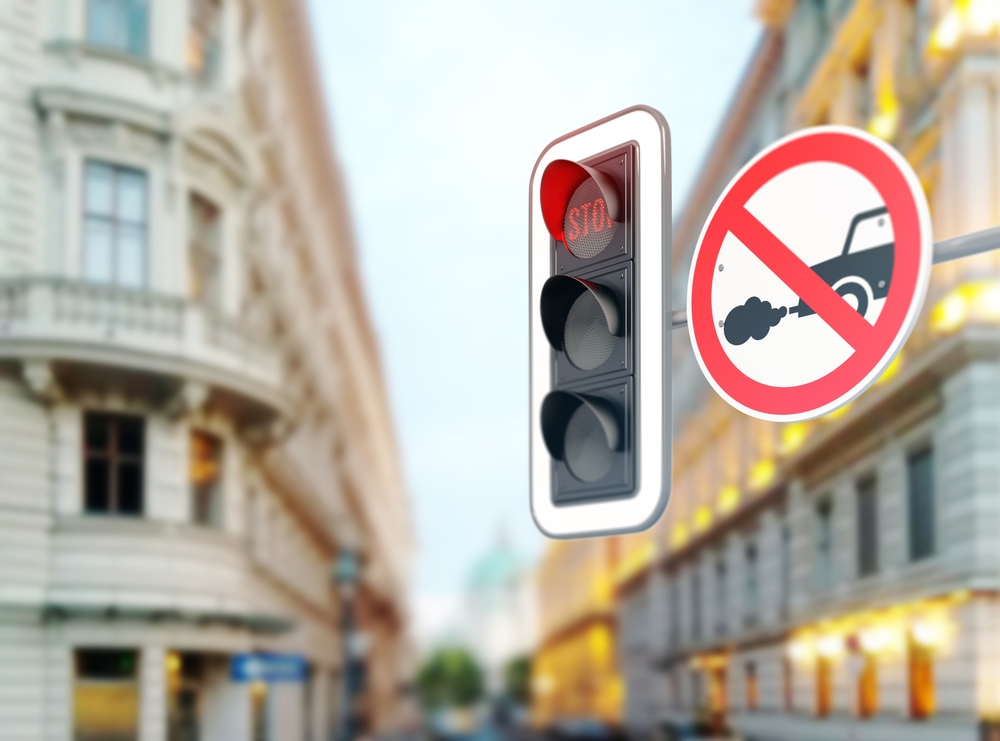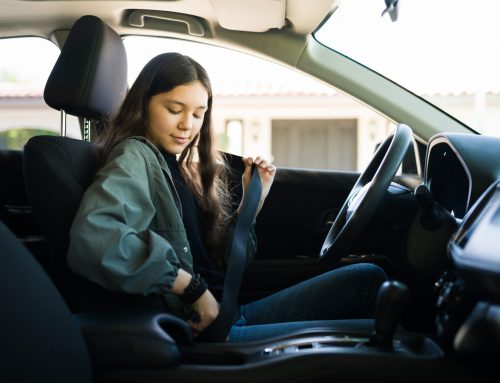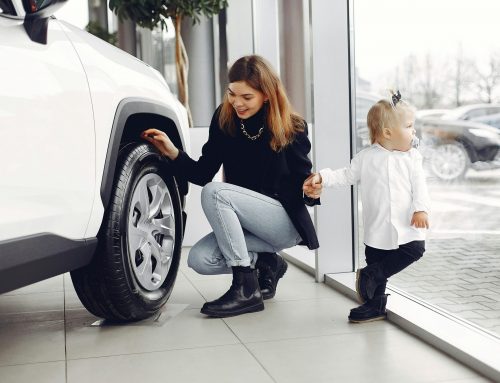As part of the UK Government’s aim to reduce emissions of greenhouse gases and fight against climate change, manufacturers will no longer be able to sell petrol and diesel cars after 2030. With these regulations, drivers are left with many questions around what will happen to petrol and diesel cars, and how soon you need to make the change to electric.
In this blog, we’ll explore the rationale behind this transition and everything you need to know about what the ban could mean for you.
Why should petrol cars be banned?
Petrol and diesel vehicles contribute heavily to air pollution and greenhouse gas emissions which is exacerbating climate change. Through the burning of fossil fuels, transport contributes towards carbon-dioxide emissions, which is one of the biggest causes of climate change.
By banning the production of petrol and diesel cars, the UK aims to significantly reduce these harmful emissions and pave the way for a cleaner environment. The government has set a target of achieving net zero by 2050, with the decision to ban the production of petrol and diesel cars contributing massively to this.
What will happen to petrol and diesel cars after 2030?
After 2030, car manufacturers will no longer produce new petrol and diesel cars and vans. Many manufacturers have begun the process of developing a range of electric vehicles to be prepared for the change. These zero emissions vehicles emit no carbon dioxide when driven. However, drivers are still able to buy used petrol and diesel cars.
Can I still drive my petrol or diesel car after 2030?
Petrol and diesel cars will still be permitted on the roads, so you don’t have to buy a new car by 2030. This means that the ‘2030 petrol ban’ will not prevent the sale of used cars, meaning if an electric vehicle isn’t an investment you want to make now, you have the option to stick to diesel or petrol.
How easy will it be by 2030 to charge an EV?
One of the biggest worries drivers have when deciding whether to purchase an electric vehicle is fear of how to charge it. Depending on your location in the UK, it can be difficult to find public chargers available and EV charging installation for your home is an extra cost you may not be willing, or able, to make.
As a result of the ban on producing petrol and diesel cars, there will be government funding for increasing the number of public chargers, such as at motorway service stations, car parks and residential areas. The government has pledged £1.3 billion to accelerate the roll-out of chargepoints so that people can more easily and conveniently charge their electric vehicles. There are also grants available for homeowners, businesses, and local authorities to install chargepoints.
Will hybrid cars be banned in 2030?
A further ‘ban’, set to be implemented in 2035, will affect any remaining vehicles which are not zero emission, namely hybrid vehicles. This means that after 2035, new hybrid cars will not be produced and only pure electric vehicles will be manufactured moving forwards.
What will happen to classic cars when petrol is banned?
As discussed previously, people will still be able to buy and sell classic cars as the ban only impacts new cars being produced. However, as electric vehicles become the norm, there may be less availability of petrol and diesel at fuel stations. It may also be more difficult to source replacement parts and classic car owners may be hit with more expensive road tax.
Will the 2030 car ban be pushed back?
Recent discussions suggest that the ‘2030 petrol and diesel ban’ could be pushed back, made voluntary, or allow a certain number of car makers, such as Aston Martin, to be exempt. Nevertheless, the planned new legislations for petrol and diesel cars remain in place for now, so we would suggest always checking the latest government guidelines when making a decision that could seriously impact your finances, such as purchasing an electric versus a petrol car.
Is it still worth buying a petrol or diesel car this year?
With inflation and the rising cost of living, the government must make electric vehicles a practical option for every UK driver. For some drivers who drive long distances daily, charging an electric vehicle at a public chargepoint won’t be feasible. For others, moving to an electric vehicle will be an easy transition that’s cheaper to run and eco-friendly.
Whether you’re ready to make the move to electric, or are interested in sticking with a petrol or diesel car, check out our showroom to see the latest vehicles available.








Leave A Comment